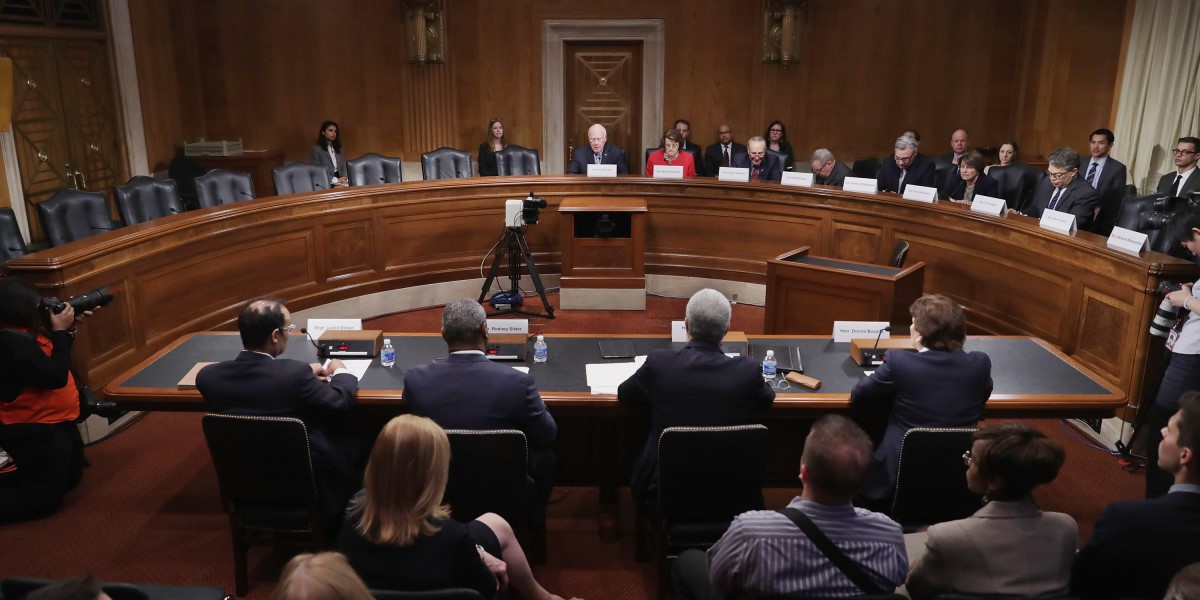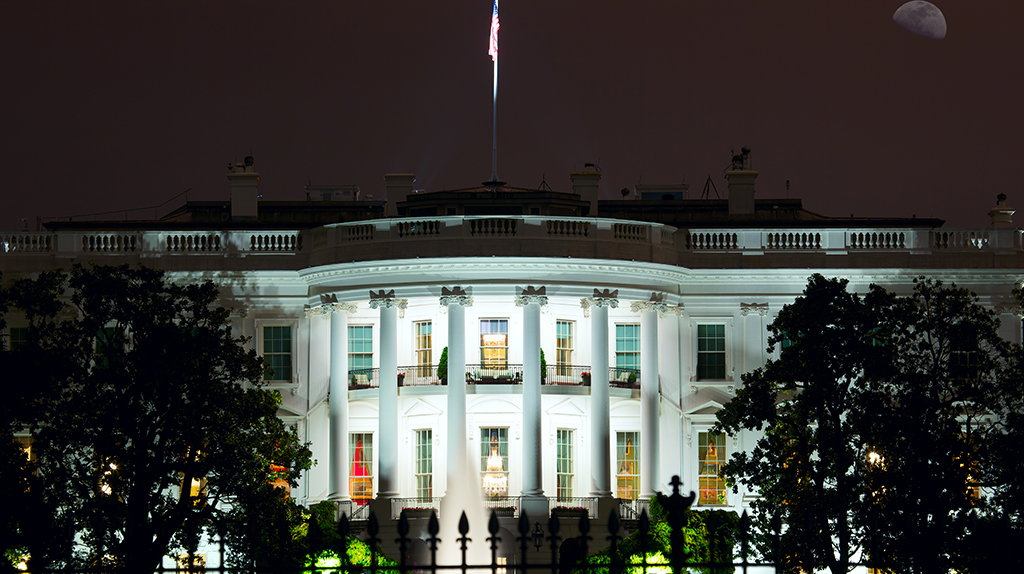Earlier this year, former Republican congressional aide Mike Lofgren published "The Deep State: The Fall of the Constitution and the Rise of a Shadow Government" where he sheds light into the inner workings of Washington D.C.
Although the term "deep state" isn't commonly used in the context of American politics, the people of Turkey are quite familiar with the concept, which first appeared in the 1990s to account for the political developments of the time. In recent years, the deep state has been replaced by a new concept, the parallel state, in the wake of the rise of Fetullah Gülen's shadow state. Focusing exclusively on the U.S., Lofgren acknowledges that he borrowed the term from Turkey. To be clear, liberals and leftist intellectuals in the U.S. had long been critical of the deep state. For decades, people like Noam Chomsky effectively accused elected officials of bowing to the will of an unelected group of powerful individuals.
With the 2016 U.S. presidential election around the corner, many Americans are revisiting their position on the deep state. Simply put, a large number of voters who deem both Hillary Clinton and Donald Trump unfit for the presidency hope that there is a group of people in the U.S. government that can stop elected leaders from capsizing the boat. Keeping in mind that Americans take pride in their democratic credentials, it is ironic, to say the least, that so many people count on unelected power-holders to steer the country in the right direction.
Yet what exactly constitutes a deep state?
In a way, the deep state represents an umbrella organization comprised of senior intelligence, military and law enforcement officials along with members of the judiciary and organized crime leaders. The term could be used to refer to a partnership between parts of the U.S. government, financiers and industrialists. However defined, the group seeks to shape government policy according to their preferences and without the consent of voters. In this sense, the deep state operates outside the legal hierarchy.
Citing Princeton political scientist Martin Gilens and Benjamin Page, a professor of decision making at Northwestern University, Lofgren makes the case that an ordinary citizen has no power whatsoever to choose their leaders.
Reading "The Deep State" in Turkey, one can't help but think that the organization that Lofgren describes in his book strongly resembles the Gülenist shadow state, whose leader resides in rural Pennsylvania. Both groups maintain a high level of secrecy. They seek to control the bureaucracy, as opposed to influence voters, to accumulate power and exert pressure on elected leaders.
Personally, I am deeply concerned about the future of American democracy. Gülen, the July 15 coup attempt's mastermind, lives in the United States. A large number of FETÖ operatives are scattered across the country in an attempt to recruit new members, buy political influence and expand their operation. Meanwhile, a network of charter schools serves as a source of revenue for the Gülenists. What, if not generous campaign contributions, would account for U.S. politicians serving as Gülen's mouthpieces in the House of Representatives and the Senate?
As Mike Lofgren correctly asserts, a shadow government is rising in the United States to undermine the Constitution. The American people deserve better.
[Daily Sabah, October 3, 2016]









